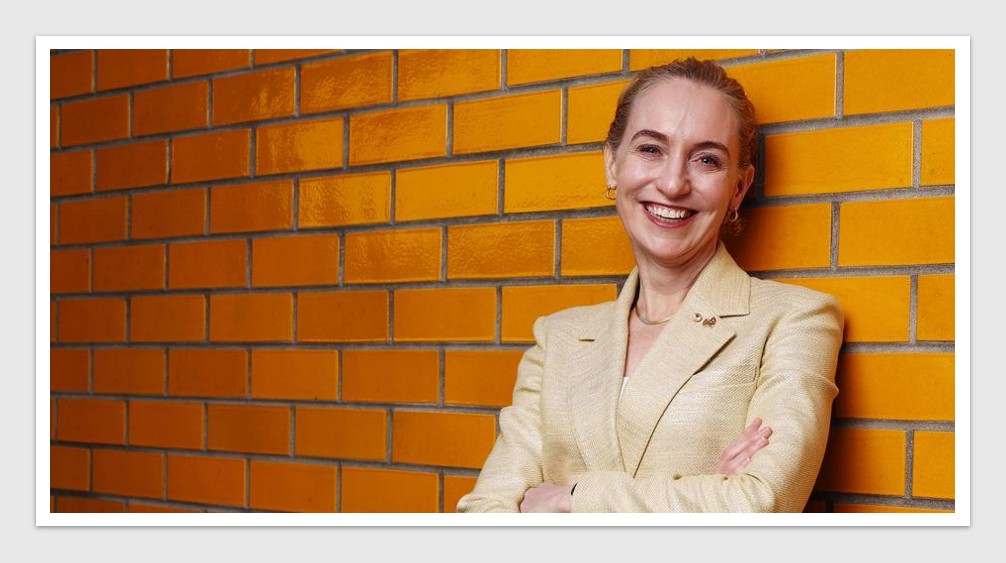News - Pharmaceuticals
New PBS listing in melanoma flips ‘surgery then drugs’ rationale on its head

From 1 August, Australians diagnosed with high-risk stage III melanoma have access to neoadjuvant combination immunotherapy through the Pharmaceutical Benefits Scheme (PBS).
Professor Georgina Long AO, Medical Director of Melanoma Institute Australia (MIA), co-led the pivotal NADINA phase 3 trial alongside Professor Christian Blank from The Netherlands Cancer Institute. The trial compared neoadjuvant immunotherapy using Bristol Myers Squibb’s Opdivo (nivolumab) and Yervoy (ipilimumab) to the current standard-of-care – adjuvant monotherapy with Opdivo.
“The NADINA clinical trial proved without a doubt the life-saving impact of giving combination immunotherapy before, rather than after surgery, so it was imperative this treatment be subsidised for Australian melanoma patients as quickly as possible,” said Professor Long.
Launched in Australia through MIA, the trial recruited patients at eight centres: MIA, Peter MacCallum Cancer Centre, Westmead Hospital, The Alfred, Tasman Health Care, Lake Macquarie Hospital, Fiona Stanley Hospital, and Princess Alexandra Hospital. Remarkably, Australian patients represented one-third of the global patient cohort.
The clinical impact was clear: the neoadjuvant regimen showed an estimated 12-month event-free survival (EFS) rate of 83.7%, compared to 57.2% for the adjuvant arm.
“The multidisciplinary team at MIA, along with our patients, have led this fantastic research which establishes a new ‘gold standard’ of care across the world. We welcome the listing of this treatment on the PBS which means all Australians may benefit from this life saving therapy,” said MIA Faculty member and Medical Oncologist, Associate Professor Alex Menzies.
“Our patients will benefit immensely from the PBS listing of this life-changing drug treatment, pioneering melanoma treatment world-wide,” added MIA Faculty member and Surgical Oncologist, Associate Professor Robyn Saw. “It is an amazing testament to the willingness of Australian patients to participate in clinical trials, clinician researchers to push boundaries and the Australian government to support evidence-based treatment.”
In 2023, Nature Medicine named NADINA as one of the 11 global clinical trials most likely to influence medical practice worldwide.
“This phase 3 trial was the first of its kind and is one of the single biggest developments, not only in melanoma, but the whole cancer field,” said Professor Long. “It has flipped the traditional ‘surgery then drugs’ rationale on its head and sets the stage and benchmark for other cancers to follow suit.”
Professor Long emphasised that this PBS listing is just the beginning. She said, “NADINA shows the power of clinical trials to push science and medicine forward and my next step, with the support of an amazing team, is to later this year open a set of novel neoadjuvant combination immunotherapy trials in melanoma to push survival rates even higher.”
The international MSLT3 clinical trial, led by MIA Faculty Associate Professor Alexander Van Akkooi, will be investigating whether surgery can be safely reduced for patients who respond well to neoadjuvant therapy – minimising intervention while improving quality of life.
Australia has the highest incidence of melanoma globally, with one person diagnosed every 30 minutes and one death every six hours.
![]() In reimagining healthcare across the entire patient journey, Health Industry HubTM is the only one-stop-hub uniting the diversity of the Pharma, MedTech, Diagnostics & Biotech sectors to inspire meaningful change.
In reimagining healthcare across the entire patient journey, Health Industry HubTM is the only one-stop-hub uniting the diversity of the Pharma, MedTech, Diagnostics & Biotech sectors to inspire meaningful change.
The Health Industry HubTM content is copyright protected. Access is available under individual user licenses. Please click here to subscribe and visit T&Cs here.
News - Pharmaceuticals

Opposition and Independents turn up the heat on HTA Review delays
Pressure is intensifying on the Federal Government to move from consultation to implementation on Health Technology Assessment (HTA) reforms. With […]
MoreNews - Pharmaceuticals

Boehringer Ingelheim tops pharma reputation rankings in ANZ, with Sanofi and Pfizer in close pursuit
Boehringer Ingelheim has secured the top spot for overall corporate reputation in Australia and New Zealand, according to PatientView’s latest […]
MoreNews - Pharmaceuticals

Ophthalmologists look to technology to bridge gaps in vision impairment: Roche report
The Asia-Pacific region, home to just over half of the world’s population, shoulders a disproportionate burden of vision loss – […]
MoreMedical and Science

Tinkering at the edges of reform won’t cut it: National Health and Medical Research Strategy
Australia’s health and medical research community has welcomed the release of the draft National Health and Medical Research Strategy, with […]
More